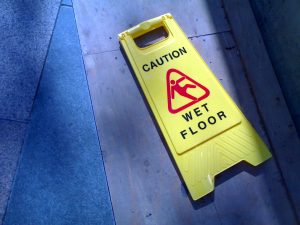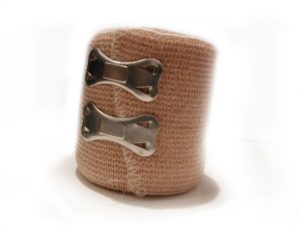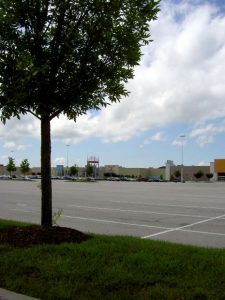Assumption of Risk as a Defense in Boston Personal Injury Cases Has Been Abolished
In some jurisdictions, a defendant in a personal injury case can plead what is known as an affirmative defense such as assumption of risk. Generally speaking, an affirmative defense is a defense, which does not involve denying much of the allegations. Instead, a defendant will plead plaintiff knew of the risks when engaging in a certain activity or course of conduct, with full knowledge of the consequences, and chose to disregard or “assume” those risks. By assuming the risks, plaintiff should not be able to fault defendant for engaging in any negligence so it should serve as a complete bar to recovery.
Massachusetts is a Mixed Comparative Negligence Jurisdiction
 Assumption of risk generally developed into what is known as a pure contributory negligence jurisdiction. This means that if plaintiff contributed to the accident in anyway by being negligent in is or her own right, it would serve as a complete bar to recovery. This could be as simple as a plaintiff walking down aisle in a big box retailer and slips on a wet floor while there was a caution wet sign. In these jurisdictions, it could be argued plaintiff assumed the risk by walking on the floor anyway so the case should be dismissed. This may seem like a harsh result, but it is still the law in a handful of states and the District of Columbia. Continue reading
Assumption of risk generally developed into what is known as a pure contributory negligence jurisdiction. This means that if plaintiff contributed to the accident in anyway by being negligent in is or her own right, it would serve as a complete bar to recovery. This could be as simple as a plaintiff walking down aisle in a big box retailer and slips on a wet floor while there was a caution wet sign. In these jurisdictions, it could be argued plaintiff assumed the risk by walking on the floor anyway so the case should be dismissed. This may seem like a harsh result, but it is still the law in a handful of states and the District of Columbia. Continue reading
 Boston Personal Injury Attorney Blog
Boston Personal Injury Attorney Blog











